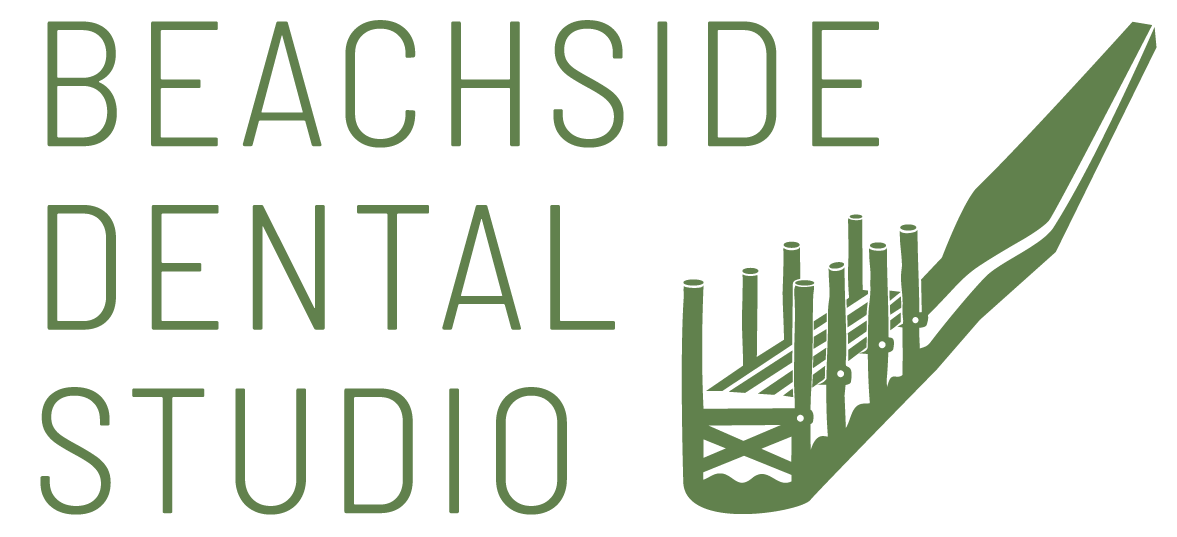FAQs.
-
If you have are experiencing a dental emergency, it is important that you contact our practice immediately. The practice can be reached on (08) 8326 1200, if it is out of hours either leave your name and contact details on our answering machine, we will get back to you as soon as we can OR you can book an appointment on our home page via HealthEngine. If the pain is extreme you may need to go to a emergency department of a local hospital to obtain pain relief. Where we are able, we will try to look at a genuine dental emergency on the day.
-
Regular check-ups can help detect dental problems early and reduce future dental expense. Our examinations are very thorough to ensure no issues are left unnoticed. Six monthly cleans are a very important part of dental health, and help prevent gum and bone infections.
Contact us today for a thorough consultation one of our friendly team members.
-
If you’re experiencing pain when chewing, facial swelling or sensitivity to hot and cold beverages, you need to have the tooth examined. In some circumstanced, the nerve of the tooth may have become infected and a Root Canal Treatment can help save the tooth. Root Canal Treatment is a process of disinfection to restore the tooth to function without pain.
For more information - check out this Fact Sheet:
https://www.healthdirect.gov.au/root-canal-treatment
If you are experiencing similar symptoms don't delay - your oral health is important to you and early action can often reduce the costs substantially. Call us now on 8326 1200.
-
INSTRUCTIONS FOLLOWING TOOTH EXTRACTION OR ORAL SURGERY.
We want you to do the right things after having a tooth extraction or oral surgery to ensure the area heals quickly and smoothly. Proper oral hygiene after surgery is extremely important, since good care can help the healing process and prevent later complications such as infection.
Please read these instructions and follow them carefully for a faster, easier recovery.
WHAT TO EXPECT AND HOW TO ACHIEVE THE BEST HEALING OUTCOMES.
The most common complications are pain, swelling, bleeding and infection. However you can help yourself to prevent these complications by following a few simple rules.Following the extraction of your tooth/teeth, the anaesthetic effect may continue for approximately 3 -5 hours after.Your mouth will feel numb, swollen and uncomfortable during this time, this is expected. Avoid hot foods or drinks until the numbing wears off. You cannot feel pain while you’re numb and may burn your mouth. Also take care not to accidentally chew your cheek!
You should expect some moderate pain as the tissues in that area have been disturbed during the extraction. There will also be slight bleeding for a few hours which is JUST enough to discolour your saliva making it appear to be bleeding more than it actually is, this is normal.
After tooth extraction, it’s important for a blood clot to form to stop the bleeding and begin the healing process. That’s why we ask you to bite on a gauze pad for 30-45 minutes after the appointment. If the bleeding or oozing still persists, place another gauze pad and bite firmly for another 30 minutes. You may have to do this several times.
Avoid pain relief medications with aspirin as it encourages more bleeding. Simple over the counter medication should help. Ibuprofen alternated with Paracetamol is recommended, but please do not take more than the recommended dosage.Swelling and bruising sometimes occurs after surgery. The worst swelling, pain and jaw stiffness normally occurs 2-3 days after surgery. You can apply ice packs or an unopened bag of frozen peas or corn to the region of surgery for 10 minutes, every half hour in the first 6-8 hours. Some difficulty in opening your mouth is common due to the swelling but this should subside in a day or two.
After the blood clot forms, it is important not to disturb or dislodge the clot as it aids healing. Do not rinse vigorously, suck on straws, smoke, drink alcohol or brush teeth next to the extraction site for 72 hours. These activities will dislodge or dissolve the clot and retard the healing process.
Don’t rinse for the first 24 hours, after that you should rinse gently, 4 times a day using warm salty water (1 teaspoon of salt in a glass of water). Rinse after all meals and snacks, making sure that the water removes any bits of food around the area the tooth is missing.Limit vigorous exercise for the next 24 hoursas this will increase blood pressure and may cause more bleeding from the extraction site If you want to lie down and for the first night following the extraction, please try and keep your head up on pillows.
If antibiotics are prescribed, continue to take them for the indicated length of time, even if signs and symptoms of infection are gone. Drink lots of fluid and eat nutritious soft food on the day of the extraction. You can eat normally as soon as you are comfortable in doing so.
It is important to resume your normal dental routine after 24 hours. This should include brushing and flossing your teeth at least twice a day. This will speed up the healing and help keep your mouth fresh and clean.
After a few days you should feel fine and can resume your normal everyday activities. If you have heavy bleeding, severe pain, continued swelling, or a reaction to the medication,please do not hesitate to give us a call. -
A dental crown procedure involves covering, protecting and strengthening a damaged or broken tooth with a cap (crown).
It can help your tooth both look and function better.
For mor information, check out this Fact Sheet:
